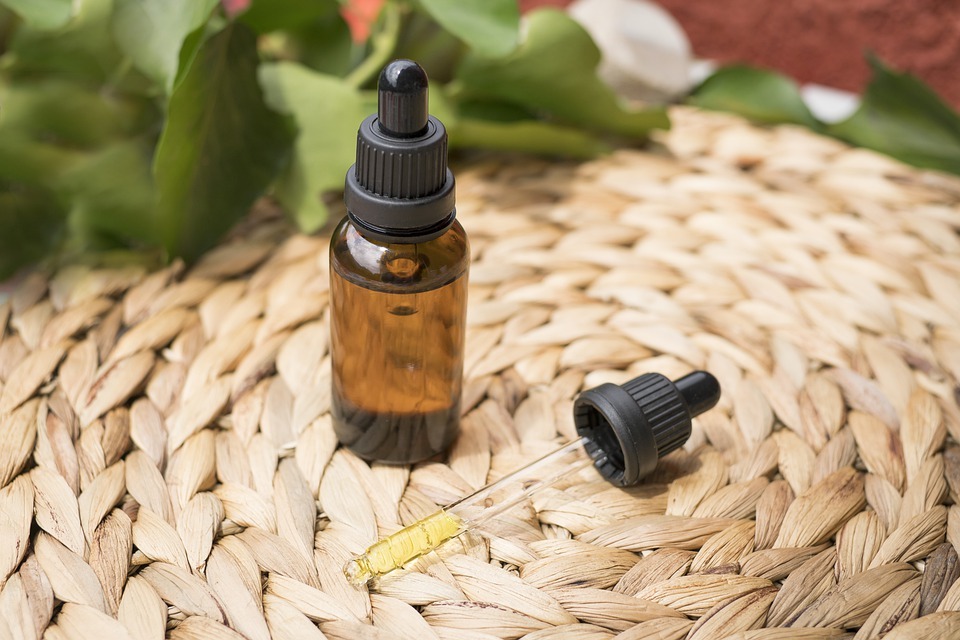If you were tasked with listing states that were vociferously against cannabis, you’d be forgiven for having Alabama on your list. And while it’s true that the deep red state still has no time for recreational marijuana and has thrown citizens in prison simply for possessing the herb, perceptions on medical use are steadily changing.
Introducing Leni’s Law
The first study on medical cannabis in Alabama took place at the University of Alabama at Birmingham in 2014, when a group of researchers investigated cannabidiol (CBD) oil. Republican Rep. Mike Ball headed the bill to allow a study, after listening to the plight of Alabama families who have found that cannabis oil is often a more effective medicine for severe conditions like epilepsy than any other treatment.
The University of Alabama’s research is focussed on Epidiolex, a CBD drug produced by GW Pharmaceuticals, which meets pharmaceutical standards. Unfortunately, strict federal regulations surrounding the study meant that only a few candidates were permitted to receive CBD oil treatment the first time around. This left many families angry, and some even moved away from Alabama to states with freer access to medical cannabis products such as water-soluble CBD oil by CBD genesis.
This was the case for youngster Leni Young, whose family relocated to Oregon to receive medical cannabis treatment for her cerebral palsy. The 4-year-old has been suffering from strokes since before she was even born. While some medicines have helped to reduce her seizure count (from more than 100 per day), they ultimately had a limited therapeutic effect. They left Leni with an array of harmful side effects, which have also hurt her quality of life.
Leni’s cerebral palsy has rendered her lethargic and has disrupted her mental development, with her symptoms making it harder to learn. She has also suffered from rotting teeth. After exhausting all other options, Leni’s parents decided to try CBD oil even though it was illegal in Alabama, and the results were comparable to a miracle. The family has become strong advocates for CBD bud decriminalization in Alabama, a move that could benefit many families and ensure they aren’t put under the stress that the Youngs have been, view here to get more info.
Leni’s mother Amy has said on record that her daughter’s CBD oil treatment has improved her condition more than doctors thought was possible.
The research continues
The university is continuing its research on Epidiolex but has produced a wealth of encouraging data so far. Around half of the study’s participants have experienced “sustained improvement in seizure control,” thanks to Epidiolex, and two patients have seen their seizures eradicated.
Leni’s Law, which came into effect on June 1, 2016, decriminalized the possession of CBD manufactured in other states. This essentially allows patients to bring CBD medication back into Alabama without fear of reprisal. However, it’s not quite that simple. While Alabama state law will protect those who do so, taking a federally banned substance (cannabis-derived CBD) is in breach of federal Law. But at least it shows that Alabama is moving in the right direction on medical marijuana.
However, there has been some opposition in Alabama to Leni’s Law, with some arguing that the University of Alabama’s research on Epidiolex is “too experimental” – this was the view of Dr. Shannon Murphy.
Furthermore, doctors in Alabama are hesitant about administering medication, which isn’t regulated by the Food and Drug Administration (FDA). GW Pharmaceuticals is trying to get Epidiolex approved by the FDA, but until that time, the drug holds a special designation as an Orphan Drug following successful phased trials. This should speed up the FDA’s decision on whether to approve Epidiolex.
The viewpoints for and against Leni’s Law
Republican state senator Phil Williams is one of the most vocal politicians opposed to Leni’s Law. He says that politicians shouldn’t be “standing in the shoes of doctors,” claiming that research into CBD hasn’t advanced to a stage where it should be acted upon by Alabama’s legislature.
However, Alabama Governor Robert Bentley, who is conveniently also a qualified doctor, is not only supportive of Leni’s Law, he signed the bill that made it so!
From a physician’s perspective, Bentley deems it “extremely important” for patients with “chronic or debilitating disease” to have access to every medication which could help with their condition.
Bentley continued, saying that the UAB study had demonstrated CBD’s ability to help with chronic seizures. The governor is also keen that more research is carried out to determine whether temperance CBD cigarettes can help with any other “chronic debilitating diseases.”
Leni’s Law is a positive step in Alabama politics. It seems that everybody clued up on medical cannabis, and CBD treatment is supportive of it.
More on GW Pharmaceuticals and Epidiolex
With so many forms of childhood epilepsy resistant to standard medication, it’s obvious that a more effective option was needed for patients. GW Pharmaceuticals notes that 6.3 percent of children in every 1000 American children have epilepsy, which translates to 466,000 children across the United States. These figures came from the Pediatrics journal and were published in February 2012.
It is estimated that almost one in five children with epilepsy are resistant to current treatment options. In a nutshell, seizures continue after several approved anti-seizure drugs have been trialed. Such forms of epilepsy are referred to as “intractable epilepsy.”
Children all over the United States and the world have the right to safe epilepsy medication that works. And with studies consistently showing the benefits of cannabis and notably CBD, it is no longer acceptable for legislative chambers, the government and law enforcement to stand in the way of research as they have done for decades.
What are your thoughts on medical marijuana and CBD products? Do you think that federal prohibition should be rolled back so that professionals can study the cannabis plant without the fear of legal consequences? Please share your thoughts in the comments section below.

